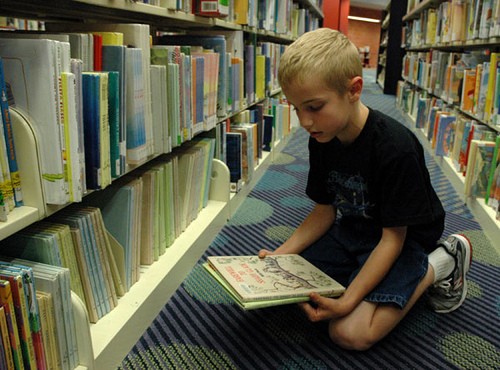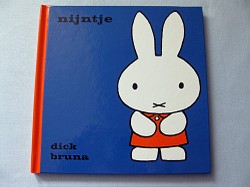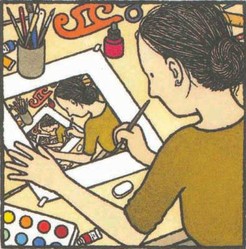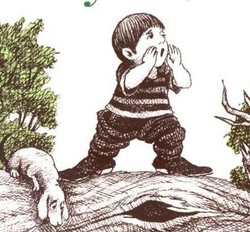
Preschoolers and Wordless Books
Preschoolers are still learning names for many objects and actions. When an adult uses new vocabulary in the context of a picture book, the child has concrete images to help him understand the new words. Each adult who reads the wordless book to a child will tell the same basic story but with his or her own twist. In this way, the child hears a broader vocabulary base than with a static, word-ful book.
(Students who are learning English as a second language can find wordless books very beneficial for language development in many of the same ways that preschoolers do.)
For a preschooler, having printed words on the page is no matter. The language is tied up in the story. And the pictures tell the story without printed words. Stories have literary elements -- characters, setting, conflict, plot, and theme. Even wordless books lay this foundation of the elements of fiction.
Elementary Children and Wordless Books
Elementary children are learning to read and growing in fluency, but they still benefit from wordless books for many of the same reasons stated above. Their vocabularies are still expanding with more and more complex words as adults read wordless books to them.
Children at this age love to "read" wordless books themselves even before they have actually learned to read independently. This confidence with books and love of books is foundational to literacy. At first, they will mirror what Mom or Dad said. But they may also choose creative interpretations of the wordless books, exercising great creativity.
Their appreciation for humor, suspense, surprise endings, and foreshadowing is developing.
Middle Schoolers and Wordless Books
At this age level, middle schoolers are generally pushed away from picture books altogether. And wordless books face even more prejudice as being juvenile.
Actually, a middle schooler's increased oral proficiency makes it the perfect time for reading a wordless book outloud. He can call upon previous experience with literature and with vocabulary to tell the story of the wordless book.
Symbollism and the themes of wordless books are important to middle schoolers. The absence of words makes wordless picture books open to several possible interpretations. Middle school children can bring their own experiences and feelings to bear on what they see in the book.
Adults and Wordless Books
A good books is a good book whether it is a picture book or a 400 page novel. Adults can still enjoy wordless books. I know that I do!












 Unique Uses for an Over the Door Shoe Organizeron 01/27/2012
Unique Uses for an Over the Door Shoe Organizeron 01/27/2012
 How to Get Pinned at Pintereston 01/27/2012
How to Get Pinned at Pintereston 01/27/2012
 Top Five Field Trip Destinations in Memphis, Tennesseeon 01/26/2012
Top Five Field Trip Destinations in Memphis, Tennesseeon 01/26/2012
 Maya Angelou Poet Studyon 01/22/2012
Maya Angelou Poet Studyon 01/22/2012



Comments